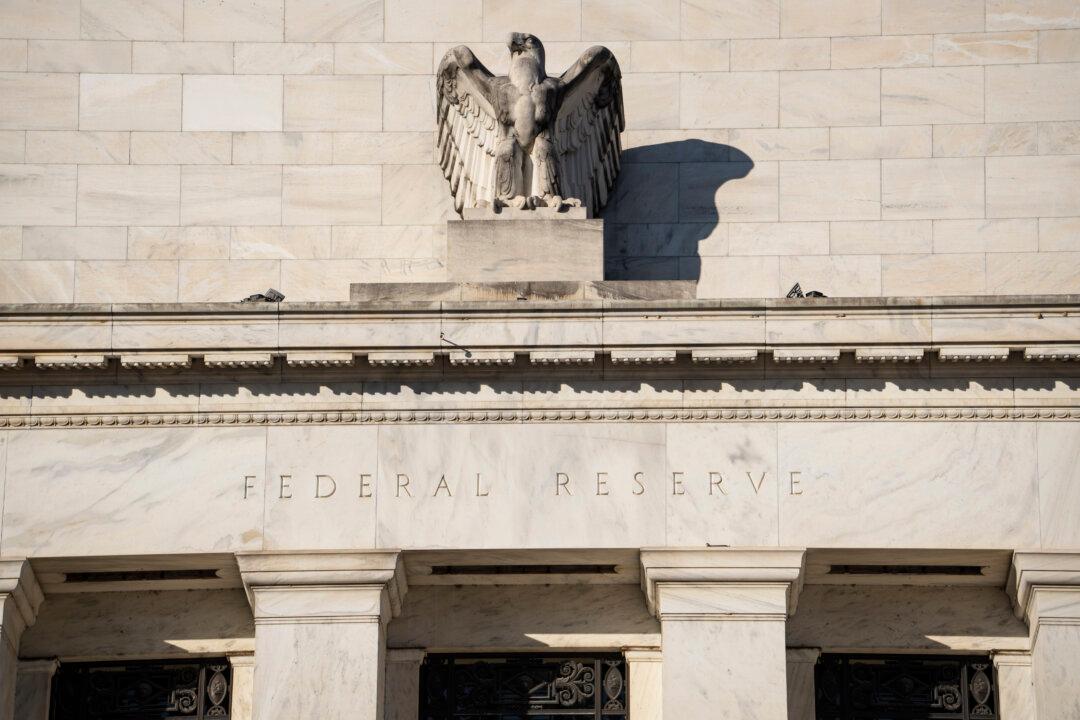Prosecutors on Jan. 31 arrested a former senior Federal Reserve adviser, accusing him of stealing trade secrets from the agency that could allow the Chinese regime to manipulate the U.S. market.
John Harold Rogers, 63, worked for 11 years as a senior adviser for the international finance division of the Federal Reserve Board of Governors, the main governing body for the U.S. central bank.





